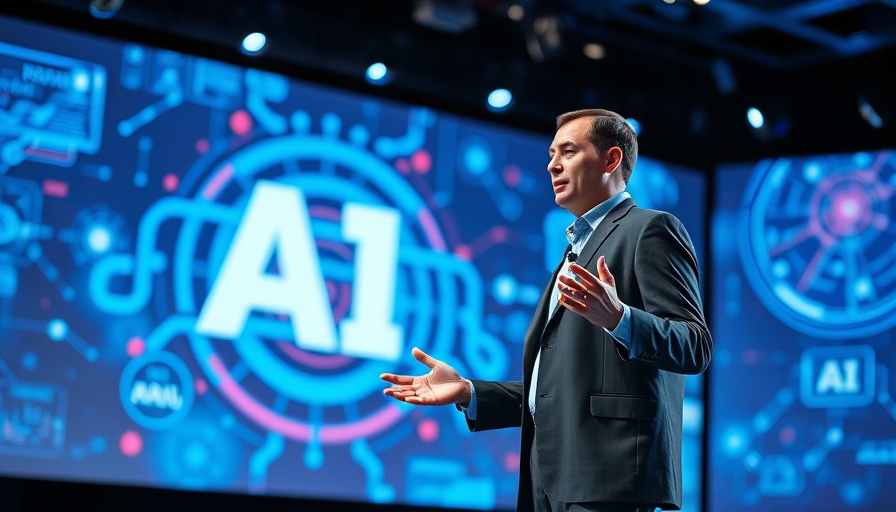
The Evolution of GCC's Workforce: A Look to the Future
The Gulf Cooperation Council (GCC) is at a crossroads in its economic and labor landscape. As a region historically reliant on oil, the GCC's future workforce is being shaped by rapid technological changes, demographic shifts, and changing expectations from employees. With investments in diverse sectors, leaders are heralding a new chapter, one that emphasizes innovation and agility in the workforce.
Understanding the Shift: Key Factors Influencing Workforce Changes
Several interconnected factors are driving the GCC's transition to a future-ready workforce. Firstly, the region is experiencing a demographic transformation. A large youth population is emerging, eager for opportunities and meaning in their work. Policymakers, understanding this urgency, are now focusing on education and training that align with the demands of a tech-driven economy.
Technological advancements are another critical factor. As industries adopt automation and data analytics, traditional job roles are evolving. Workers in sectors like manufacturing and logistics will require new skills that align with digital competencies, leaving many workers to pivot their career trajectories.
Future Opportunities: New Skills for a Changing Environment
Skills in technology, creativity, critical thinking, and emotional intelligence will be highly sought after in the GCC's evolving labor market. Programs that focus on nurturing these attributes can position job seekers favorably in an increasingly competitive job landscape.
Moreover, collaboration with educational institutions is imperative. Partnerships that bridge the gap between academia and industry can ensure that curriculums stay relevant, preparing students for the jobs of tomorrow.
The Importance of Mental Health and Work-Life Balance
As the workforce evolves, mental health and work-life balance are paramount. The pandemic has made mental health a crucial talking point, emphasizing the need for workplaces to prioritize employees' well-being. Organizations now must balance productivity with compassion, forging environments where employees feel valued and secure.
Employers adopting better mental health practices see increased employee retention and satisfaction. This culture shift isn't just beneficial for workers; it fosters a more engaged and productive environment altogether.
Overcoming Challenges: Addressing Workplace Toxicity
However, with these advancements come challenges, particularly workplace toxicity. As the workforce changes, so too will workforce dynamics. Addressing underlying issues of toxicity is essential to create a supportive work environment. Organizations should focus on transparent communication and conflict resolution to create harmony in the workplace.
A Global Perspective: Lessons from Global Markets
Looking globally, the GCC can learn valuable lessons from other markets that have successfully navigated similar transformations. For example, countries that have embraced remote work have seen enhanced flexibility, leading to happier employees. The GCC can adopt similar practices, not only for flexibility but also as a strategy to attract top talent.
Conclusions: Embracing Change for a Bright Future
The future of the GCC's workforce promises significant change, offering unprecedented opportunities and potential challenges. By focusing on education, mental health, and toxic workplace reduction, leaders can shape a balanced and resilient workforce ready to tackle the evolving demands of today’s economy.
It’s crucial for stakeholders—including government bodies, businesses, and educational institutions—to recognize the importance of stepping into this new era proactively. Together, they can forge a path toward a sustainable future that fosters innovation, creativity, and inclusivity in the GCC workforce.
 Add Row
Add Row  Add
Add 




Write A Comment